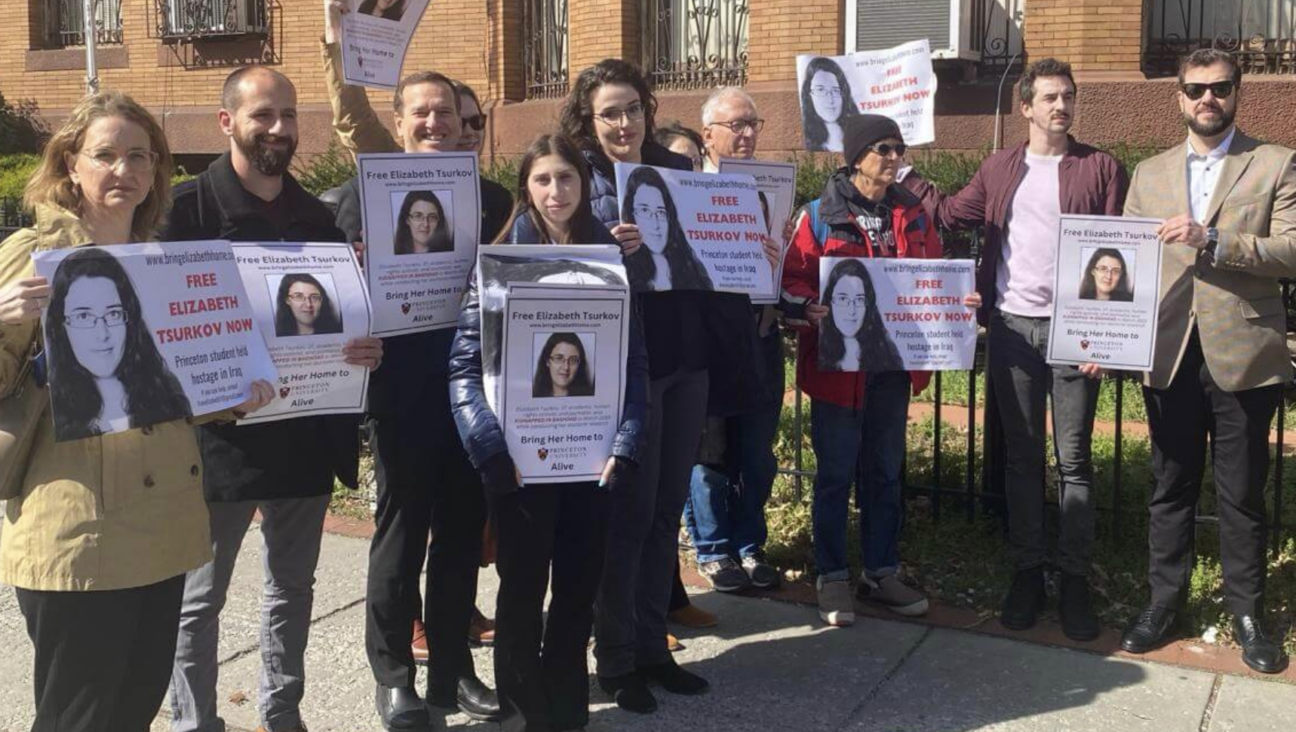Re-election Makes President Bush Run
Recent moves by the White House make it increasingly evident that what makes George W. Bush run is his run for re-election in 2004. Consider his ambivalent antics on steel tariffs. The president imposed tariffs on imported steel. Why did he do it? The universal answer is that he did it to woo the votes of workers in the steel industry in Pennsylvania, Indiana and Ohio — three states that could be decisive in his run for re-election in 2004. Put otherwise, he did not do so because it was economically wise. He was protecting an industry that is laggard and backward in its methods of producing steel against more advanced, efficient and less costly methods of production in Europe and Japan.
In his haste, Bush bypassed normal courtesies of diplomacy. He did not meet with steel-producing countries and explain that during a brief period, while the U.S. steel industry updates its technology, he would like to arrive at a temporary quota for imports from Europe and Japan. He acted unilaterally.
Having done so, however, he was unable to stand by his decision. The World Trade Organization said that Bush’s action violated its rules and that the injured nations are free to retaliate. Which is precisely what they said they would do. They would exclude a variety of American products from their markets.
Now Bush began to hear from the industries that would be injured. He decided that he would revise or repeal the steel tariffs because, if he did not, he would lose the votes of those who were hit by the retaliatory tariffs and that would cost him dearly come Election Day 2004. So what principles motivated him to do so? No principles! Just re-election — that’s what makes George W. run.
So, what is this obsession with re-election? Bush knows that he did not carry the popular vote in 2000. He ran a half-million votes behind Democrat Al Gore. He knows that he really did not carry Florida to give him his thin edge in the Electoral College. His savvy political advisers must have known that none of the previous presidents who lost the popular vote but ended up in the White House was re-elected. So, how would, he — George Bush — prove that he and he alone could be and would be re-elected?
His ever-alert political advisers seized upon a rare opportunity: namely, the aftermath of the September 11 terrorist attacks. Here was a rationale for a war or a series of wars that would run into the 2004 election. Come 2004, the GOP would recall the old slogan: “Don’t change horses in midstream.”
So we went to war to get the culprit, whose name was and is Osama bin Laden. They took a stab at getting him in Afghanistan. They did not find him. So, we pursued a war to install our own man in Afghanistan. But we did not get the culprit.
So we decided to go to war against Saddam Hussein, who had nothing to do with September 11. But who cares? The president’s advisers might be characterized by a couplet that says, “A war or two or three, but re-elected I will be.”
But how wise will that strategy be? For a while, the ploy proved positive. Yet even with the recent capture of Saddam, the waging of war in Iraq is becoming not a booster for Bush but a burden for him and the American people.
That may be too bad for Bush. But it will be far worse for the American people who will be left with a burden of debt such as America has never known and that will weigh heavily on generations to come.
A message from our Publisher & CEO Rachel Fishman Feddersen

I hope you appreciated this article. Before you go, I’d like to ask you to please support the Forward’s award-winning, nonprofit journalism so that we can be prepared for whatever news 2025 brings.
At a time when other newsrooms are closing or cutting back, the Forward has removed its paywall and invested additional resources to report on the ground from Israel and around the U.S. on the impact of the war, rising antisemitism and polarized discourse.
Readers like you make it all possible. Support our work by becoming a Forward Member and connect with our journalism and your community.
— Rachel Fishman Feddersen, Publisher and CEO






















